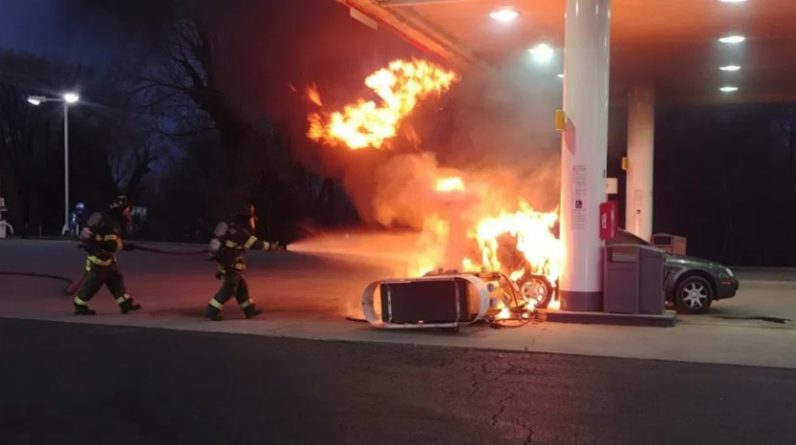
Gas Station Fire
A gas station fire is a dangerous and potentially catastrophic event that can occur when fuel, fumes, or other flammable materials ignite simultaneously. These fires can happen for a variety of reasons, including accidents with vehicles or equipment, electrical faults, and even deliberate acts of arson.
The resulting flames can quickly spread, causing extensive damage to the gas station and nearby buildings. This also pose a significant threat to the health and safety of individuals in the nearby area. Proper safety measures, such as regular inspections, maintenance, and training of staff, can help to prevent gas station fires from occurring. The same would minimize their impact if such incidents occurred.
Causes of Fires at Gas Station
Gas stations can also experience low fuel levels if they are rundown. Or if they are under-capitalized and cannot afford to keep their tanks filled all the time. If Gas Station Fire happens , most of the time, it could lead to an explosion because of BLEVE Meaning.
Ignition source:
A gas station fire may be caused by an ignition source. Such as a cigarette butt or a spark from the engine of a vehicle that stops to fill up.
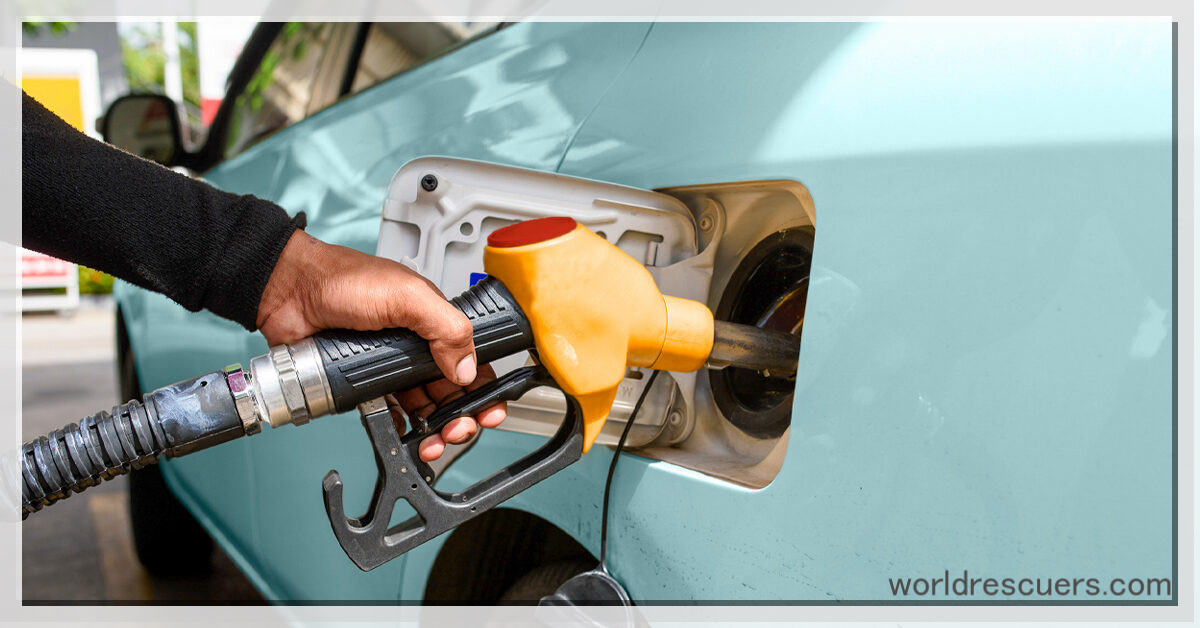
Defective equipment:
One of the most leading common causes of gas station fires include defective equipment. Such as leaky fuel tanks and pumps that fail to operate properly.
Low Fuel Levels
Fuel levels can be low for a number of reasons. A vehicle’s fuel level sensor may also be malfunctioning and not reading properly. This can lead to an overfill situation while filling up fuel tank. This may also become a cause of fire.
Advice: if you suspect that there is a problem with your car’s fuel system, don’t attempt to repair it yourself. Just take it to a mechanic. Otherwise, this could result in serious injury or even death due to exposure of wires to the fuel.
Ignition Source
Ignition sources include static electricity, friction, sparks, and open flames. Sparking tools such as screw drivers and wrenches can cause static electricity when you touch them on a surface. Friction causes static electricity when surfaces rub together.
For example, if you rub your hand along the side of a car or on an exposed surface in an enclosed area. Open flames are obvious sources of ignition.
However, other types of fires can be caused by spark-like mechanisms that produce heat without melting any materials (such as welding).
The effects of a gas station fire depend on how much fuel is burned during the fire. The most common result after a gasoline explosion is damage to property. However, some explosions also produce toxic fumes which may cause serious health problems including death if inhaled over long periods during an emergency situation.
Defective Equipment
Defective equipment can be a result of poor maintenance. For example, if the gas station’s grease pit is not cleaned regularly and is not properly maintained. It could cause an explosion due to presence of fuel spillage.
Another cause for defective equipment is an interface between two components that were not designed properly.
Owed Preventative Measures
A gas station fire is a serious matter. If you’re responsible for maintaining your own equipment and making sure that it’s in good working order, then you need to make sure that all of the precautions listed above are being taken.
Effects or potential impact
Potential Explosions
The most common cause of gas station fires is explosions. These can be caused by gas vapors, static electricity, sparks, and overheating.
Explosions can also be caused by corrosion or other factors that weaken the integrity of the fuel line. In some cases, this may be enough to cause a rupture in the tank’s steel walls and allow fumes to escape into your car’s cabin before causing a fire.
Chemical Burns
Chemical burns are caused by the chemicals in the fuel. They can be very painful and can cause permanent damage to your skin, including blistering and scarring.
Fuel spills:
Fuel spills often occur when a car or truck runs over a pothole or other obstruction on the road. Causing it to tip over with its tank full of gasoline spilling out onto the ground below. If you’re driving and see this happen in front of you, stop as soon as possible so as not to increase traffic congestion due to injured people who have been struck by flying gasoline fumes while trying desperately not to get hit themselves. Or worse yet, while they were already injured by something else entirely!
Smoke Inhalation
This can cause a variety of health problems, including:
- Respiratory problems such as coughing and shortness of breath.
- Cancer of the lungs, mouth, and throat.
- Lung disease (pneumonia).
Smoke can also be irritating to the eyes and skin, as well as cause headaches in some people.
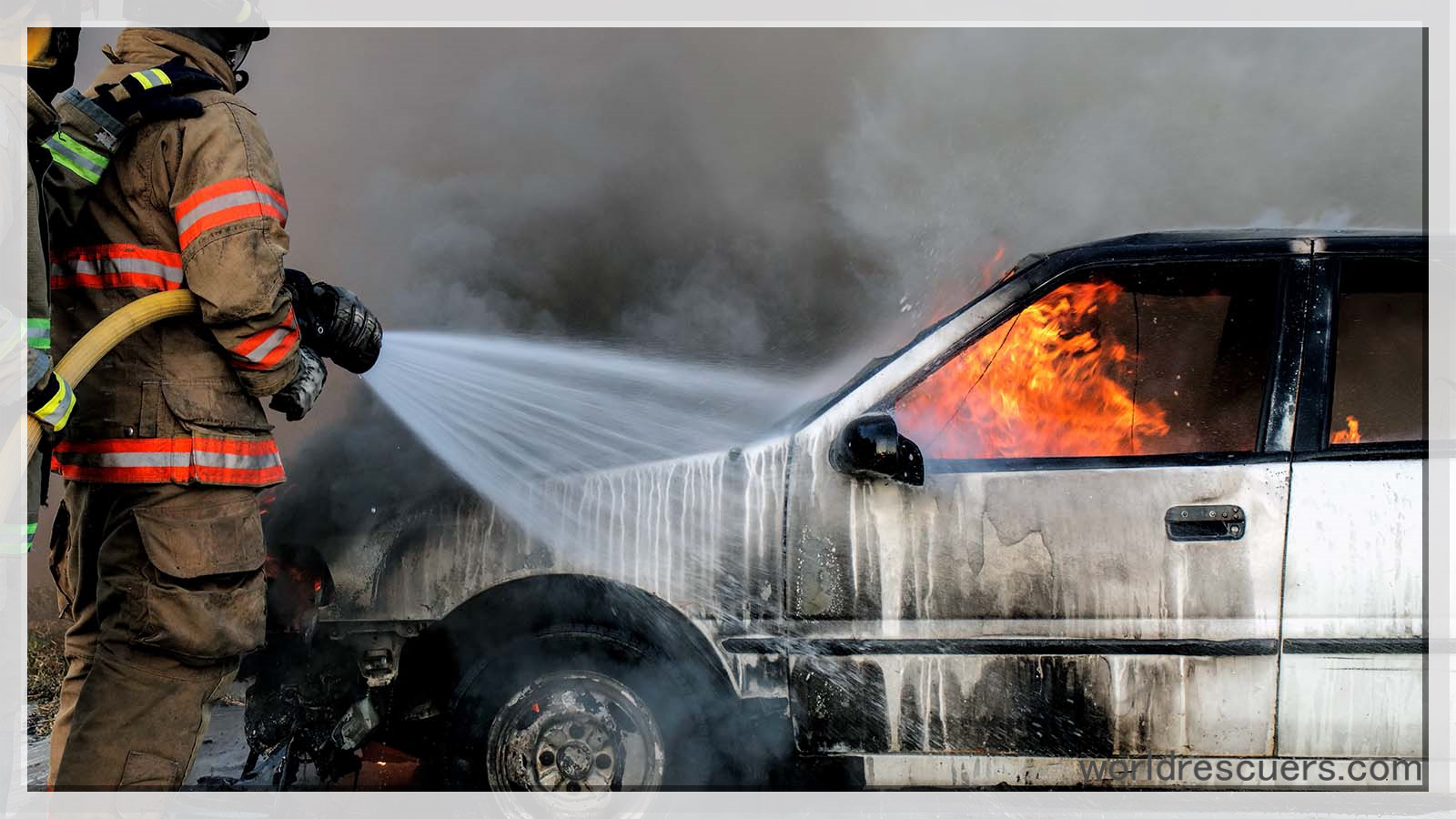
Flash and Radiation Burns
Flash and radiation burns are caused by the heat from the fire itself. These burns can occur anywhere on your body that comes in contact with flames, including your skin, eyes, and mouth. The most common types of flash and radiation burns are those that appear as redness or swelling at first but then turn into white scabs over time. Radiation burns may also cause pain or discomfort in other areas of your body. Such as your hands (from touching hot objects) or feet (from being near an open flame).
Radiation injuries are much less common than flash injuries; however, they can still be very serious if left untreated because there isn’t much medical treatment available for these types of injuries besides keeping them covered up until they heal naturally without scarring.
Gas Station fires are very dangerous because they can lead to explosions.
Fuel fires are very dangerous because they can lead to explosions. They also have the potential to spread, causing injury and property damage to neighboring buildings, vehicles, and even people. In addition to this, fuel fires are more likely than other types of fires (e.g., electrical) to cause structural damage. Because they release toxic gases like carbon monoxide into the area where people live or work.
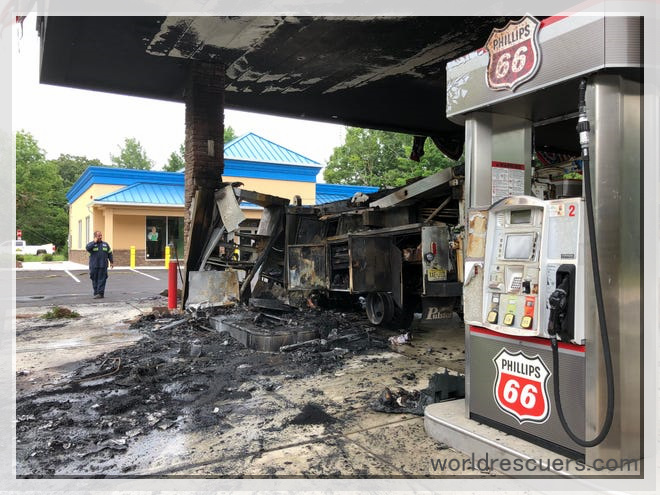
Fuel burns can be prevented by taking precautions such as installing fire extinguishers near gasoline pumps at gas stations. Ensuring that all equipment is properly maintained through regular inspections. Keeping regular records on operating conditions such as pressure levels in tanks so that any problems can be detected quickly. Use appropriate safety equipment when working around tanks filled with flammable liquids such as gasoline/petrol, etc. Use proper techniques when handling flammable liquids like gasoline/petrol, etc. Store empty containers securely away from heat sources. While they cool down after filling them up again before opening them again.
Call on 911 for help.
Causes of fire in Petrol Station
Petrol stations are known to be potential fire hazards due to the presence of highly flammable fuel-gasoline. There are several causes of fires in petrol stations, including
- Smoking
- human error
- electrical faults
- equipment malfunction.
One of the most leading cause of fires in petrol stations is smoking, which can ignite gasoline vapors. Careless handling of gasoline, such as overfilling fuel tanks, may lead to spills around and result fires. Electrical faults in fuel dispensing pumps and other equipment can cause sparks that ignite gasoline fumes available in the environment.
In addition, equipment malfunction, such as faulty valves and hoses, can lead to gasoline leakage, which also contribute to the risk value of Fires. These fires always cause heavy losses.
Therefore, it most important for owners and operators of these stations to receive appropriate safety trainings to prevent and timely manage these fires.
Why do more gas station fires occur on hot days?
Gas station fires are a serious concern for the owners as well as for firefighters, and it is also a reality that more fires occur on hot days. The main reason behind this is the expansion of gasoline fumes in hot temperatures.
As the environmental temperature rises, the gasoline in the underground tanks begins to heat up due to increase in temperature of ground and expand. This creates more vapors and pressure, which may lead to equipment failure, leakage, or ultimately, fires.
Moreover, hot weather can also increase the risk of electrical fires caused by the increased demand for air conditioning, refrigeration, and other electrical appliances. According to the National Fire Protection Association (NFPA), an average of 5,020 gas station fires occurred annually in the United States from 2014 to 2018. Out of these, 61% occurred in the summer months of June, July, and August. Sources: National Fire Protection Association (NFPA), “Gas Station Fires in the United States,” 2019.
Therefore, it is essential to take extra precautions during hot weather to ensure that proper safety measures are taken to prevent or manage gas station fires. The bystanders or occupants of these facilities should remember the acronym RACE in Fire that is necessary to ensure their own safety.
Is Fire Truck necessary for Gas station Fire?
Yes, it is necessary for Gas stations to have fire truck on the facility or on the swift response from nearby facility. As the fuel which they are dealing with is the highly flammable and can ignite easily.
If a fire does occur at any Gas station facility, fire truck is essential to manage it efficiently. There are many reasons to have a firetruck onboard;
- First, it carries water and AFFF extinguishing agent that is suitable for the respective class of Fires.
- Second, a fire truck is equipped with specialized firefighting equipment, such as foam and dry chemical extinguishers, which can be used to combat gasoline fires effectively.
- Third, a fire truck can provide backup support to firefighters on incident and help to rescue the people from the incident site.
In short, fire trucks play a critical role in preventing and managing fires at fuel pump stations, and they are essential for ensuring the safety of the public and the property. The Fire truck price is negligible as compared to the human lives that are on potential threat.
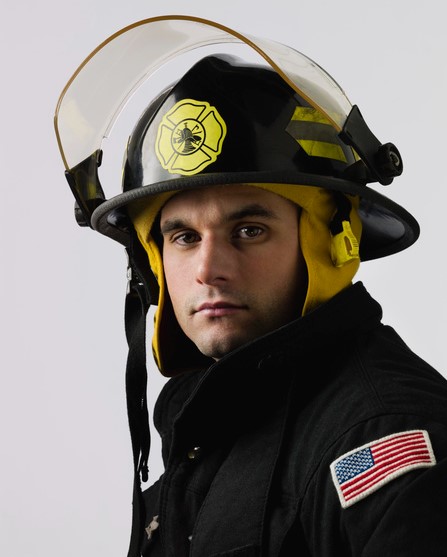
Hi, I am John Smit a Captain in Fire Department City of Newyork with over years of experience in the field of Firefighting and HSE. My passion for fire safety started when I was a young boy and witnessed a neighbor’s house go up in flames along with precious lives. Since then, I had dedicated my life to ensuring the safety of buildings, properties, and individuals in case of a fire and medical emergencies.

